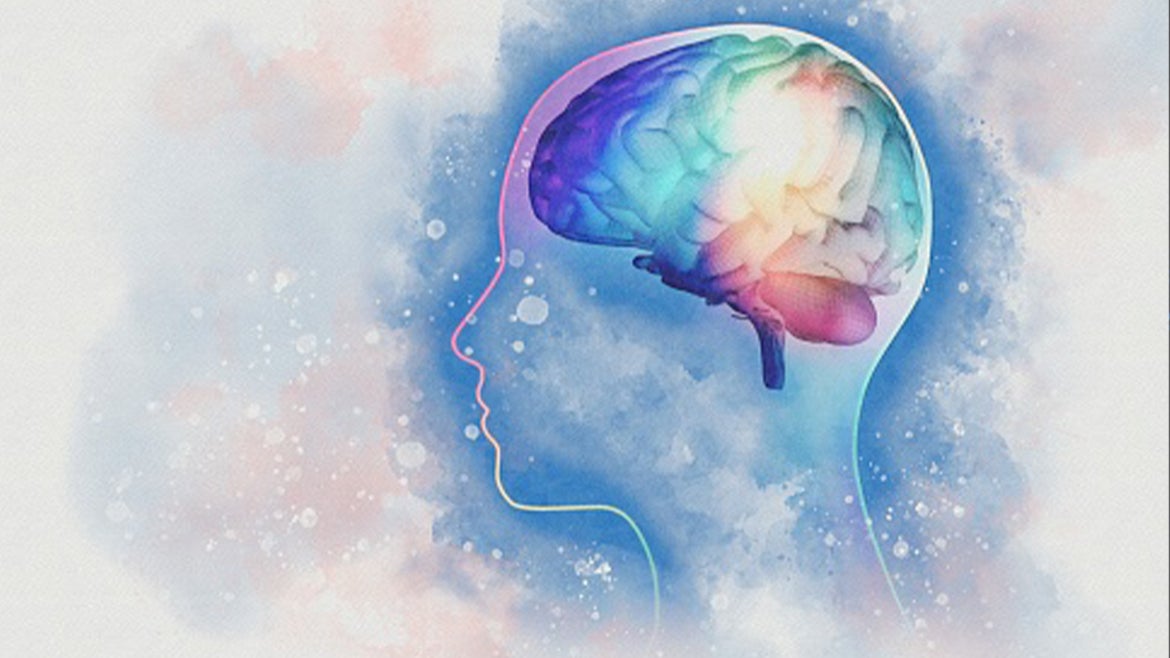Scientists said the study also raises questions about when, exactly, life ends, when the heart stops beating and when the brain stops functioning.
Does our lives really do flash before our eyes before we die? New data reveals that this puzzling phenomenon may very well be true, according to a new study.
A team of scientist were treating an 87-year-old man who had fallen and then developed epilepsy. As the doctors were using an electroencephalography, or EEG, to detect the seizures and treat the patient, the man had a heart attack and died.
After the man suddenly passed, scientists were still recording the activity of the man’s brain, gaining unique insight on the dying brain, according to the Euronews.
“This was actually totally by chance, we did not plan to do this experiment or record these signals,” Dr. Ajmal Zemmar, a neurosurgeon at the University of Louisville, and co-author of the study, told the BBC.
The findings revealed that 30 seconds before and after the man’s heart stopped beating, there were changes in the man’s brainwaves that followed the same patters as dreaming or recalling memories.
According to Zemmar, the different types of brainwaves the patient was presenting are associated with dreaming, meditation, memory, concentrating, retrieval, information processing, conscious perception and are similar to those associated with memory flashbacks.
“Through generating oscillations involved in memory retrieval, the brain may be playing a last recall of important life events just before we die, similar to the ones reported in near-death experiences,” Zemmar said.
This new research was published on Tuesday in the journal “Frontiers in Aging Neuroscience.”
Scientists said this type of study that measures live brain activity is the first of its kind.
There have been studies done on rats that showed similar changes in brain waves, but scientists said this type of study that measures live brain activity in a person that is dying is the first of its kind.
Researchers hope that patient’s case study will lead to further studies and better understanding of what actually takes place during a person’s final moments of life.
"I think there's something mystical and spiritual about this whole near-death experience," Zemmar told the BBC. "And findings like this - it's a moment that scientists lives for."






